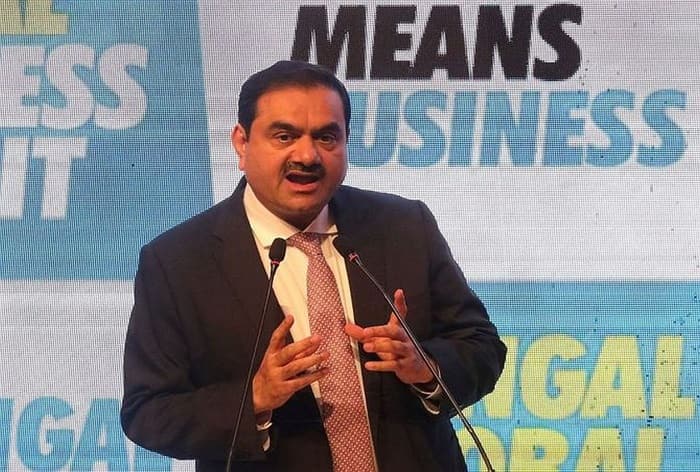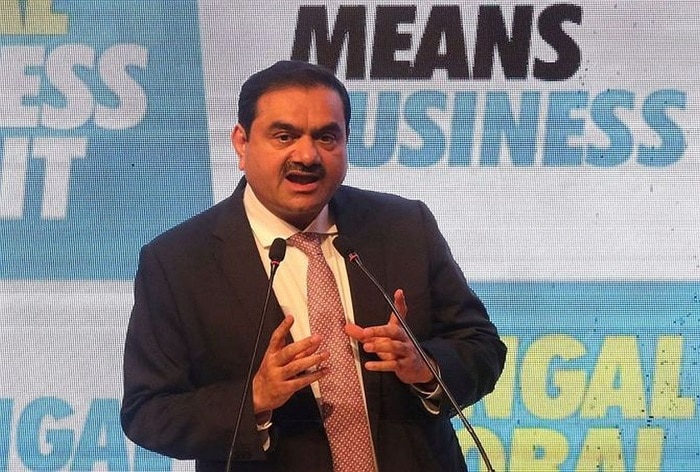Ambuja Cements has set an ambitious target to achieve net-zero emissions by 2050. As part of its commitment to green energy, the company plans to invest Rs. 10,000 crore in renewable energy projects.

Ambuja Cements, part of the Gautam Adani-led Ambuja Group, announced on Thursday its membership in the Alliance for Industry Decarbonization (AFID), a global initiative aimed at accelerating the transition to Net Zero in alignment with the Paris Agreement. This makes Ambuja Cements the first cement manufacturer worldwide to join AFID. With a capacity of 78.9 million tonnes per annum (MTPA), Ambuja is now the second-largest cement producer in India and is committed to achieving Net Zero emissions by 2050. This milestone marks a significant advancement in the company’s sustainability efforts, as it already ranks among the lowest in emission intensity globally and is actively pursuing several strategic initiatives to reduce its greenhouse gas (GHG) emissions.
Karan Adani, Non-Executive Director of Ambuja Cements, stated that joining the AFID will enable the company to learn from global industry peers and share its own decarbonization strategies.
In line with its green energy goals, Ambuja Cements has announced plans to invest Rs. 10,000 crore in renewable energy projects, targeting a capacity of 1 gigawatt (GW) and 376 megawatts (MW) from Waste Heat Recovery Systems (WHRS). The company aims for 60% of its expanded capacity to be powered by green energy by the fiscal year 2028.
“This ambitious goal will reduce the carbon footprint and offer compelling economic advantages. Ambuja Cements utilized over 8.6 million tonnes of waste-derived resources and became 11x water-positive and 8x plastic-negative in FY’24,” it said.
The International Renewable Energy Agency (IRENA) coordinates and facilitates the activities of the alliance.
Ambuja Cements has set an ambitious target to achieve net-zero emissions by 2050. As part of its commitment to green energy, the company plans to invest Rs. 10,000 crore in renewable energy projects, targeting a capacity of 1 gigawatt (GW) along with 376 megawatts (MW) from Waste Heat Recovery Systems (WHRS). This initiative aims to enable the company to power 60% of its expanded capacity using green energy by the fiscal year 2028.
This target is expected to significantly reduce Ambuja’s carbon footprint while also providing economic advantages. Karan Adani emphasized that this is a significant milestone in the company’s sustainability journey. He noted that Ambuja is already one of the cement producers with the lowest emission intensity globally and is actively pursuing various strategic initiatives to further decrease its greenhouse gas (GHG) emissions.

